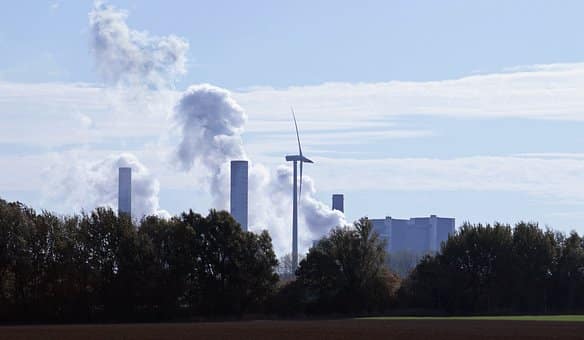North Carolina Governor Strengthens Emissions Reduction Goals

North Carolina Governor Roy Cooper on Jan. 7 issued an executive order reinforcing the state’s commitment to clean energy and outlining next steps in the state’s plan to achieve net zero emissions. The order increases the state-wide goal to a 50 percent reduction in emissions from 2005 levels by 2030 and achieve net zero emission by 2050. The move aims to align North Carolina’s economy-wide carbon reduction goals with science, reduce pollution, support job creation, and protect communities. Furthermore, the Order strengthens the state’s obligation to reduce GHG. A 2018 executive order set a goal of 40 percent reduction by 2025.
The latest order builds on previous actions supporting clean energy, climate change and environmental justice. In 2021, Cooper signed legislation requiring the North Carolina Utilities Commission to take the essential actions for state utilities to reduce carbon emissions from electric generating plants, in line with emission reduction goals.
In order to achieve these goals, the order directs the administration to renew a state-wide greenhouse gas inventory to measure current emission levels, as well as evaluate potential routes for achieving net zero by 2050.
A key component of the order pertains to measures required for the state’s transition to a clean transportation future. To this end, the order calls for an increase in registered zero emission vehicles to at least 1.25 million by 2030 and for 50 percent of sales of new vehicles in the state to be zero emission by 2030. The North Carolina Department of Transportation is tasked with developing a plan for decarbonizing state’s the transportation sector by reducing miles travelled, increasing ZEVs, and implementing other strategies.
The executive order lays emphasis on environmental justice and equity in the transition to a clean economy. It directs the cabinet agencies to incorporate environmental justice in climate-related actions and develop a public participation plan to enhance communication and transparency with the public in the decision making process, particularly with underserved communities.
EnerKnol Pulses like this one are powered by the EnerKnol Platform—the first comprehensive database for real-time energy policy tracking. Sign up for a free trial below for access to key regulatory data and deep industry insights across the energy spectrum.
ACCESS FREE TRIAL